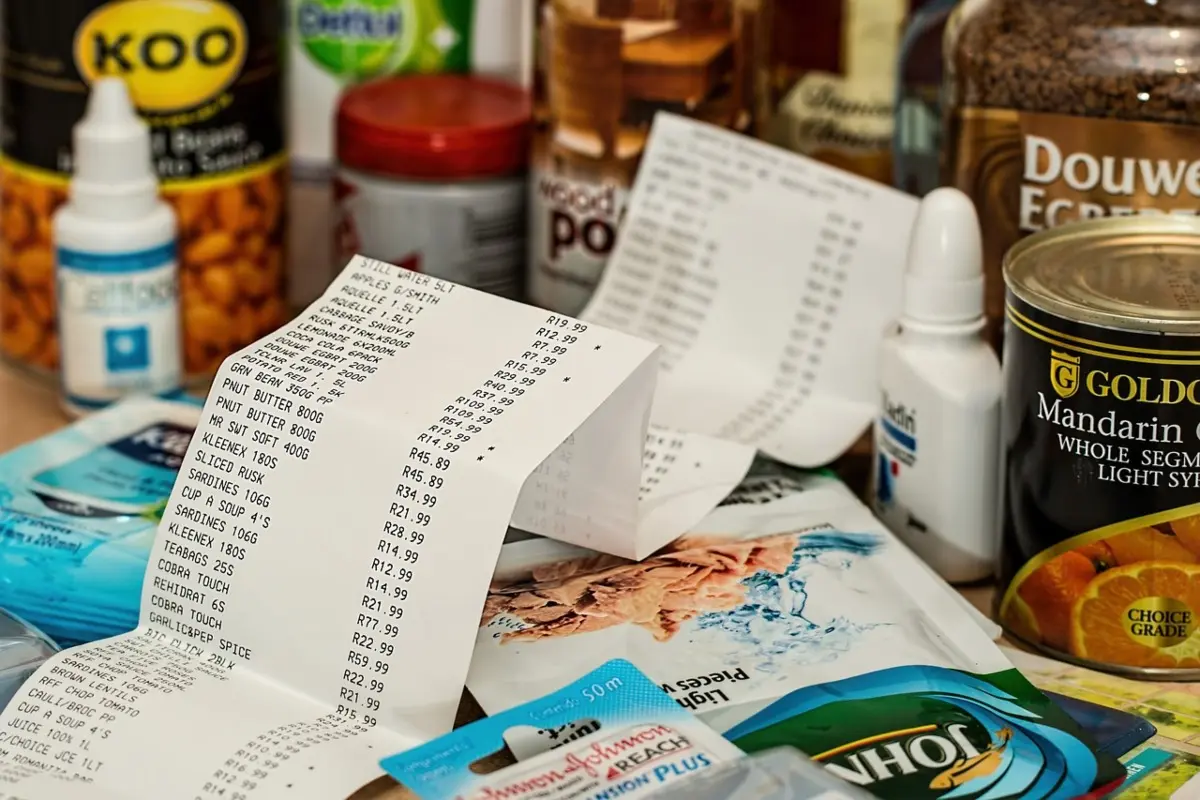
Inflation slows but when will prices fall?
US firms postpone declines: in Europe, ECB fears 'excessive' impact on consumers

Corporate cost inflation is slowing down but prices continue to be high. A mechanism that is less than convincing internationally, starting with the United States where economic experts point out that the world's major consumer goods companies are paying less for raw materials and energy but it may still be some time before buyers see lower price tags.
Rising spending on everything from sunflower oil to milk and wheat has hit the packaged goods industry hard in the past two years, pushing companies to raise prices and helping fuel a cost-of-living crisis in many parts of the world. Inflation spiked during the covid-19 pandemic and was exacerbated by Russia's invasion of Ukraine, which drove energy prices to record levels last year. Since then, however, energy costs have fallen, while global prices of some commodities are rising more slowly.
In Europe, it is the European Central Bank that is concerned that if food inflation continues to accelerate, it will have an outsized impact on consumers, potentially changing spending behavior, putting pressure on wage demand and affecting interest rates.
Companies such as Procter & Gamble, Reckitt Benckiser and Danone, experts say, continued to raise prices sharply in the first quarter, even as input costs are falling. Juergen Esser , Danone's chief financial officer, told analysts commenting on first-quarter 2023 results that while labor costs, liquid milk and sugar prices have increased, some other costs have decreased: therefore, he says, "we expect inflation to decrease over the course of the year". Yogurt maker Activia and water maker Evian, we recall, raised first-quarter prices 10.3% and volume/mix increased 0.2 percent.
In February, companies such as Unilever acknowledged that the industry had passed "the peak of inflation, but not yet the peak of prices." Since then, several companies have made near-record price increases: beverage giant Coca-Cola said its average selling prices rose 11 percent in the first quarter, while rival PepsiCo said its prices rose 16 percent.
Many industry players purchased ingredients well in advance when prices were higher, so it will take time for this to spill onto supermarket shelves. "We tend to buy raw materials nine to 12 months in advance -explains PepsiCo cfo Hugh Johnston -. Whenever there is an increase in commodity prices, it hits us a little later, and when there is a decrease in commodity prices, we will also feel the benefits of that decrease a little later".
EFA News - European Food Agency